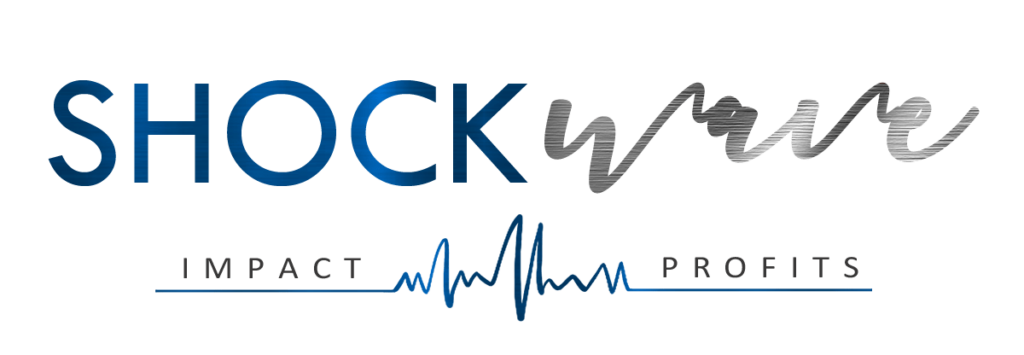Let’s get one thing straight: indecision is still a decision. It’s just usually the worst one.
Most entrepreneurs treat decision-making like a pressure cooker. Either they sit on it till something explodes… or dump it on their ops team and hope for a miracle. Neither works. If you’re serious about scaling, mastering the art of decisive action isn’t optional—it’s survival.
Welcome to The Decision Room, where we tear down the myths and show you exactly how high-stakes decisions actually get made inside a fast-moving, multi-7-figure ops engine like Shockwave.
Why Most Operators Fail at Decision-Making
They wait for certainty. They chase more data. They hold out for permission.
Here’s what that gets you: slow growth, missed opportunities, and a team that’s scared to move unless you spell out every step.
Emma, Richard, and Saka drop a sledgehammer on this mindset in this episode. And what they say is brutally clear: speed beats certainty if you’ve built the system for it.
The 3-Part Decision Framework That Actually Works
- Kill the “what if” spiral.
Emma doesn’t sit in analysis paralysis. She goes straight to outcomes. Two to three potential outcomes per decision. Anything that feels legally or financially catastrophic? Out. The rest gets stress-tested in real-time using calls to team, clients, or even Slack mastermind channels.
“If I can get close to the desired outcome, I pull the trigger. If not, I at least let the client know what’s coming… especially when the decision is between ‘f*cked’ and ‘more f*cked.’” – Emma
- Make it tangible, fast.
Richard’s take is sharp: most people struggle with decisions because they live in theory. He forces himself to map out “what needs to happen next,” turning fuzzy ideas into executable paths. This turns a hypothetical into a hard choice with real stakes. - Pressure test in downtime.
Saka doesn’t rely on guesses. He trains for decision speed before the storm hits. Shockwave’s team tests platforms, systems, and strategies in off-hours, so when a real problem shows up, they’ve already battle-tested 10 variations.
“We never talk about the 90,000 things that went right. We focus on the one small thing that could’ve gone better. That’s where future decisions get sharper.” – Saka
Delegated, Not Abdicated: Empowerment with Boundaries
Most operators hand off decisions either too late or too carelessly. Shockwave does it differently. They’ve trained their team to know:
- When to make the call without asking permission.
- When to loop in leadership for high-risk consequences.
- When to escalate to the client because it crosses into business-critical territory.
And here’s the kicker: they’ve created daily ops meetings + weekly red flag calls to keep the lines of communication wide open. No one’s flying blind.
“You’ve trained me to know what’s a five-minute check-in vs what’s a ‘go ahead and run with it’ situation.” – Saka
Stop Babysitting. Start Leading.
If you can’t trust your team to make tough calls, it’s not their fault, it’s your system.
Build the structure. Train the judgment. And make damn sure they know that failure isn’t fatal…freezing is.
Want your team to become a self-managing, decision-making machine? Watch the full episode below

